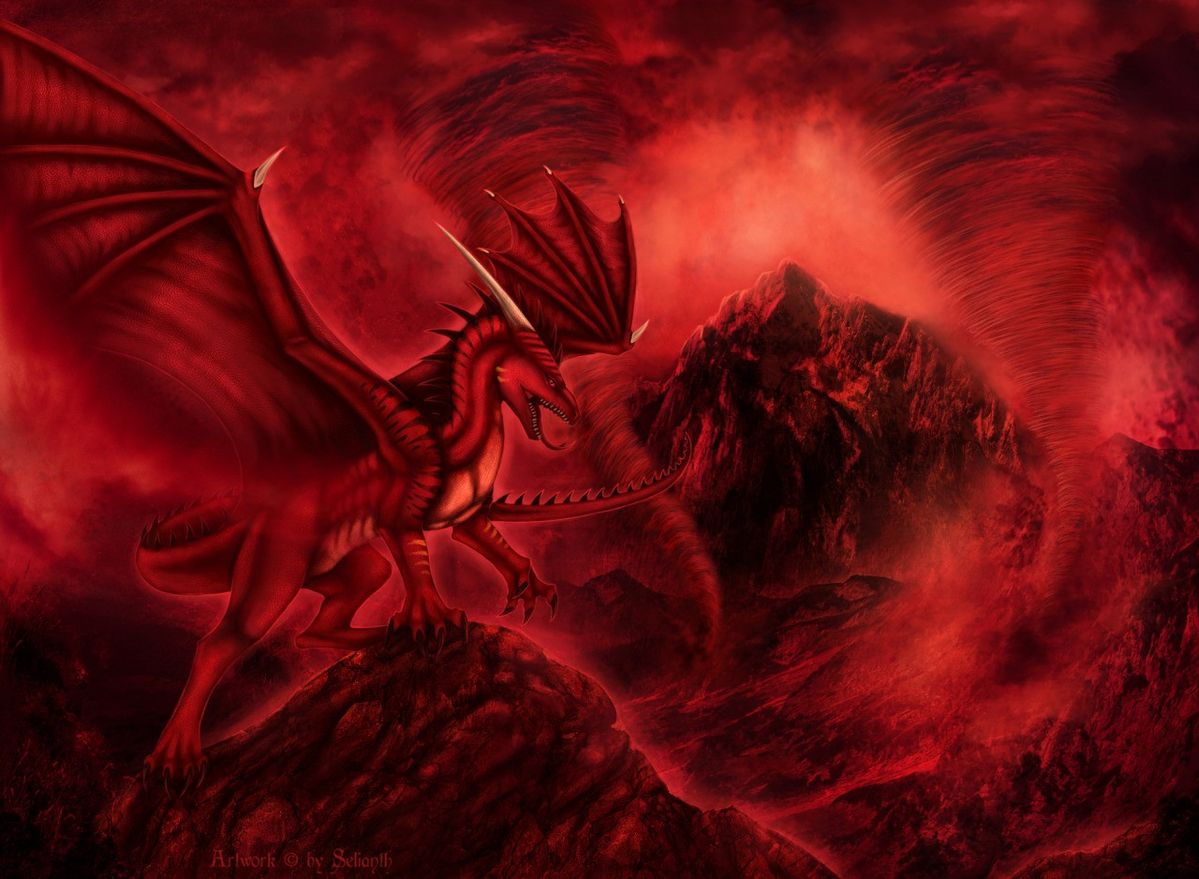Elon Musk, an unconventional visionary who pioneered electric cars, private space exploration, artificial intelligence research, and recently took over Twitter, remains relatively under-appreciated by most. Yet the full extent of his power remains largely unacknowleged.
Walter Isaacson’s new doorstop of a book attempts to fill that void of intellectually powerful men. Elon musk buys Xvideos
Born in Pretoria, South Africa
Elon Musk is the tech billionaire responsible for electric cars, space exploration and artificial intelligence research. However, his controversial and divisive personality has instigated lawsuits as well as SEC investigations against him.
Musk was an accomplished debater during high school, selling computer parts and fully assembled PCs to classmates for extra cash. In 1995 he founded Zip2, later known as PayPal – an online money transfer service.
Under apartheid, young white men were required to join the military at 18; Musk managed to avoid this obligation by acquiring a passport from Canada that enabled him to enter the US earlier and attend university studies there.
Musk was instrumental in revolutionizing technology and business during the ’90s by founding several groundbreaking companies. He sold his initial startup, Zip2, to Compaq in 1999 before creating X.com that later evolved into PayPal, the leading Internet payment system. Furthermore, he co-founded Neuralink as a neurotechnology firm dedicated to building brain-machine interfaces between humans and computers.
Education
Elon Musk holds bachelor degrees in both physics and economics, which enable him to approach issues from multiple angles. This multidisciplinary approach to solving complex issues is demonstrated in his work at Tesla and SpaceX.
Robert was taught computer programming from an early age, using this knowledge to write the game “Blaster,” which he sold for $500. Furthermore, Robert spent time exploring and experimenting with the Internet before eventually founding Zip2 and online payment service PayPal.
His entrepreneurial drive is one of the keys to his success. With an eye on saving world civilization as his ultimate life goal, his long-term perspective allows him to pursue bold investments while forgoing profitability to pursue that aim. Through this drive and perseverance he has built successful businesses which have revolutionized industries while helping him accomplish his ultimate life mission of saving it all.
Career
Musk has amassed an impressive portfolio of companies despite his lofty ambitions and sometimes controversial remarks, from SpaceX (launching reusable rockets and electric cars) to SolarCity photovoltaics company (an investor and chairman). Furthermore, he serves as CEO of Tesla Motors (known for producing sleek and environmentally friendly cars).
Early signs of his entrepreneurial instinct were evident as he sold his first computer game at age 12. Later he earned bachelor degrees in both physics and economics from Queen’s University of Canada and University of Pennsylvania respectively.
Once he graduated from Penn, he began working on Internet startups with his brother Kimbal, co-founding Zip2. They sold it to Compaq later that year and co-founded X.com which later merged with Confinity to become PayPal and was eventually sold off to eBay for $1.5 billion. Since then he has created numerous futuristic enterprises such as Tesla Motors and Neuralink rocket company.
Life
Elon Musk is one of the world’s most intriguing entrepreneurs, his story inspiring anyone looking to change the world. He stands as an example that shows that success in business requires hard work and sacrifice.
In 1995, Elon Musk and his brother Kimbal established Zip2, an Internet city guide and map service using $28,000 borrowed from banks and starting up operations in Palo Alto, California. Unfortunately, the venture failed quickly, prompting Musk to leave Stanford University after only two days to pursue the dot-com boom.
After co-founding PayPal, Musk established SpaceX and Tesla Motors to address carbon emissions while supporting sustainable energy. He has also supported various start-ups including tunnel maker Boring Company and experimental brain computer Neuralink. Despite a busy schedule, he remains dedicated to solving pressing problems – his work ethic has drawn some criticism, especially from libertarians who call him a “crony capitalist.” He often compares himself with NFL team owner Brian Billick for working long hours and sleeping on team couches.



